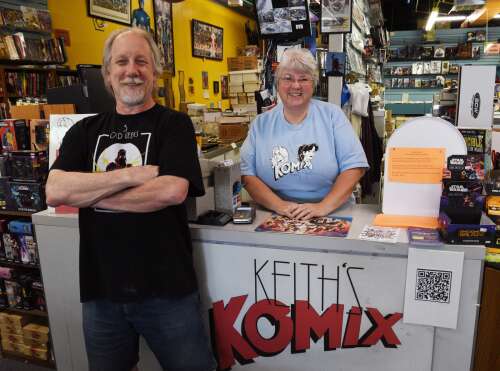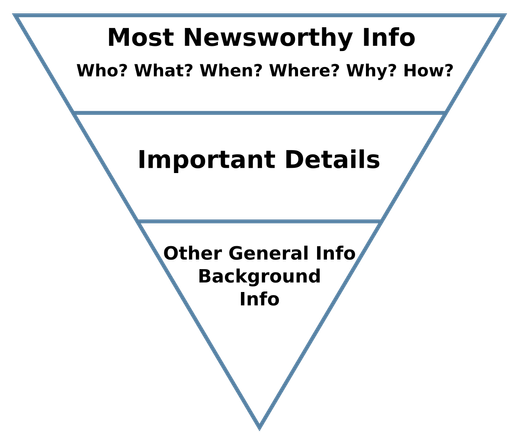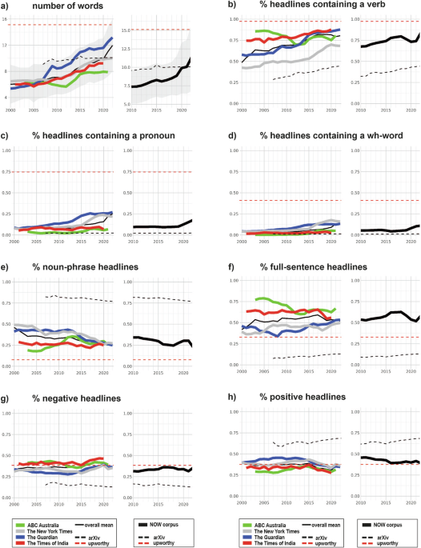You know, “this” used to be a perfectly innocent word. Nothing special, but a solid citizen of the grammar ecosystem. Who could have predicted it would turn into a major clickbait villain, meaning “We’re not going to tell you what this article is about until you click on it.”
FWIW I think I’m not alone in consciously avoiding clicking on such links.




